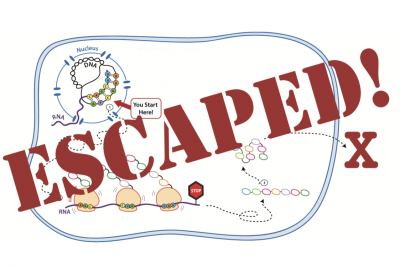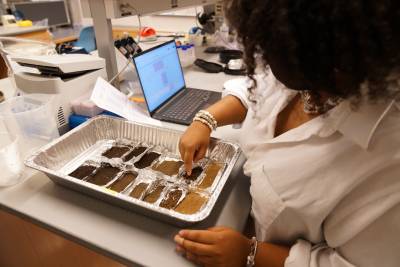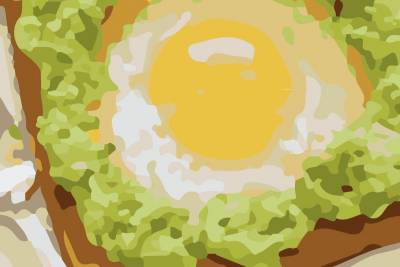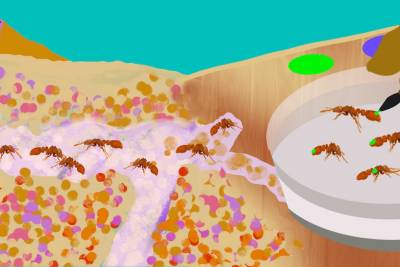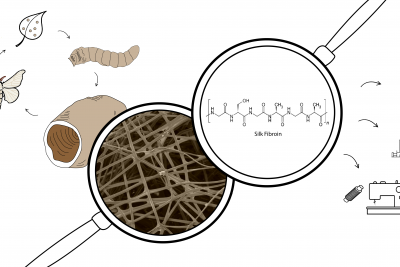Case Study: Emulsions to Keep Clean
Review & Reflect
1. For each example, what kinds of molecules are you trying to clean away? Dishes • Hair • Hands • Clothes
2. Considering #1, why might you need separate dish soap, hand soap, laundry detergent and shampoo?
3. The verb to shampoo comes from Hindi chāmpo (चाँपो [tʃãːpoː]), itself derived from the Sanskrit root chapati (चपति), which means to press, knead, soothe. How does this relate to the emulsion process? Could these early meanings apply to any of the cleaning categories or just to shampoo?
Now learn more by reading at least one of the following:
Reflect & Relate
1. Judge the quality of the emulsions descriptions in your article. What did this author do well? What didn’t work for you? Was there anything that didn’t agree with how you understand the chemistry?
2. Reflect on the topic. How does that cleaning product actually work? What is the role of emulsions? What surprised you? Is there anything you don’t trust?
3. Apply this to your own life. What did you learn that could impact your use of this cleaning product? How might you change your behaviors or beliefs?
Extensions
Extend your understanding to a range of cleaning examples:
Dishwashers: What values can dishwashers add to the emulsification processes over dishwashing by hand?
NO shampoo: The “no shampoo” movement suggests washing your hair periodically with baking soda. How is this similar to and different from modern shampoos?
Antibiotic hand soap: Why specifically add antibiotics to hand soap? (see your answers to Q1) Is this likely helpful at achieving our desired goals for hand cleanliness? Why/why not?
What chemical and physical properties are involved in creating the complex charts of how to clean different stains out of different things? In the example chart at right, can you spot some that use emulsions?
Are there other cleaning product types that have not been discussed yet? How might they compare to the ones you’ve explored?

